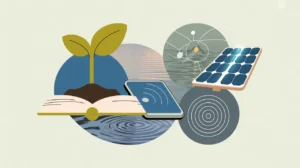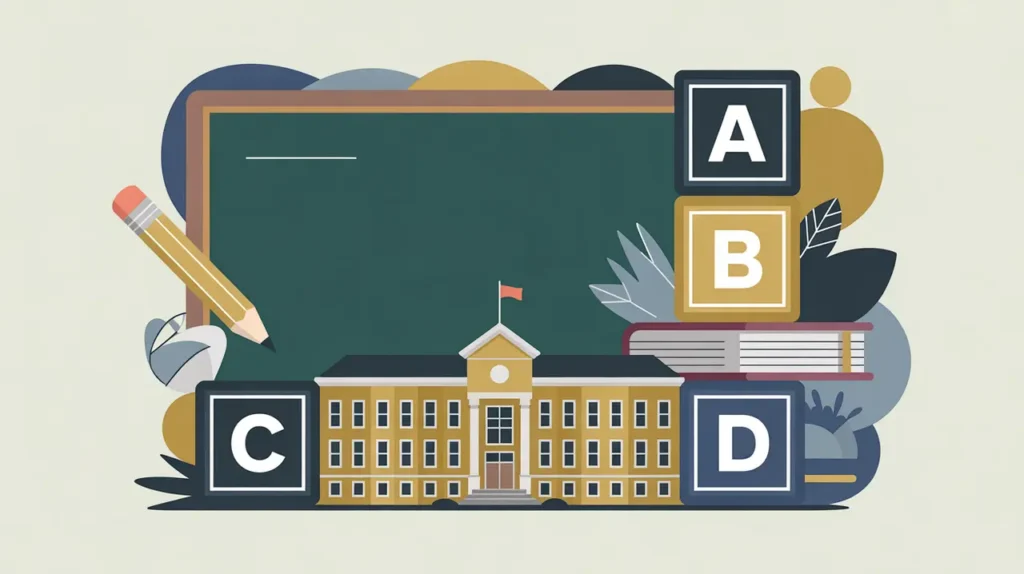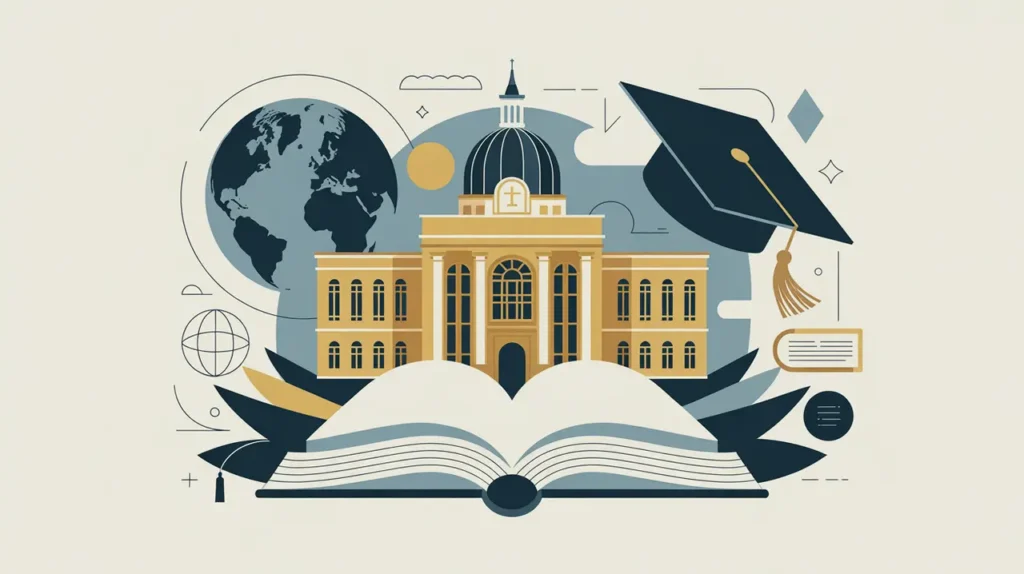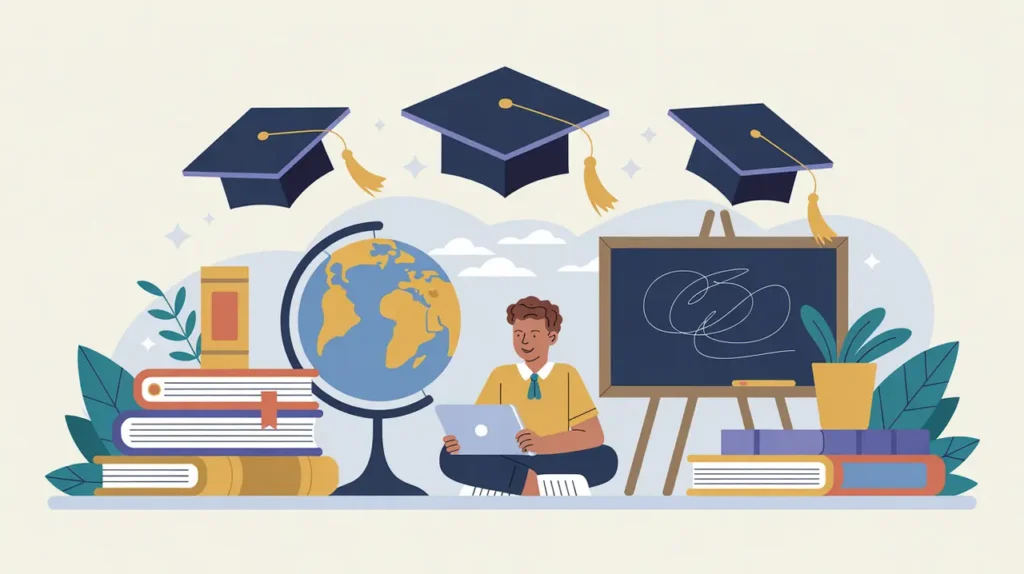Importance of Secondary Education
Secondary education is critical for preparing young people with the knowledge and skills needed to transition into higher education, vocational training, or the workforce. It builds on primary education by deepening subject knowledge, fostering critical thinking, and developing life skills. In international development, secondary education is closely tied to poverty reduction, gender equality, and economic growth. For nonprofits and social innovators, it matters because equitable access to quality secondary education expands opportunities and strengthens social mobility. Its importance lies in shaping the next generation of leaders, workers, and citizens.
Definition and Features
Secondary education refers to the stage of formal schooling that follows primary education, typically covering adolescence. Its defining features include:
- Academic Development: advanced literacy, numeracy, sciences, and humanities.
- Skills Formation: critical thinking, problem-solving, and communication skills.
- Preparation for Transitions: equipping students for tertiary education or employment.
- Equity Considerations: addressing gender disparities and access barriers for marginalized groups.
How this Works in Practice
In practice, secondary education is delivered through public schools, private institutions, and community programs. Governments establish curricula and standards, while NGOs often support access through scholarships, mentorship, or safe learning environments for girls and vulnerable youth. For example, vocational tracks may be integrated into secondary education to prepare students for employment. Challenges include dropout rates, cost barriers, undertrained teachers, and inequities in rural or conflict-affected areas.
Implications for Social Innovation
Secondary education has significant implications for social innovation because it equips adolescents with the tools to shape their futures and contribute to society. Innovations such as blended learning platforms, gender-sensitive education models, and community-driven schools expand access and relevance. For proximate actors, secondary education creates pathways to higher education, employment, and civic participation. Secondary education is essential for inclusive growth and sustainable development.







